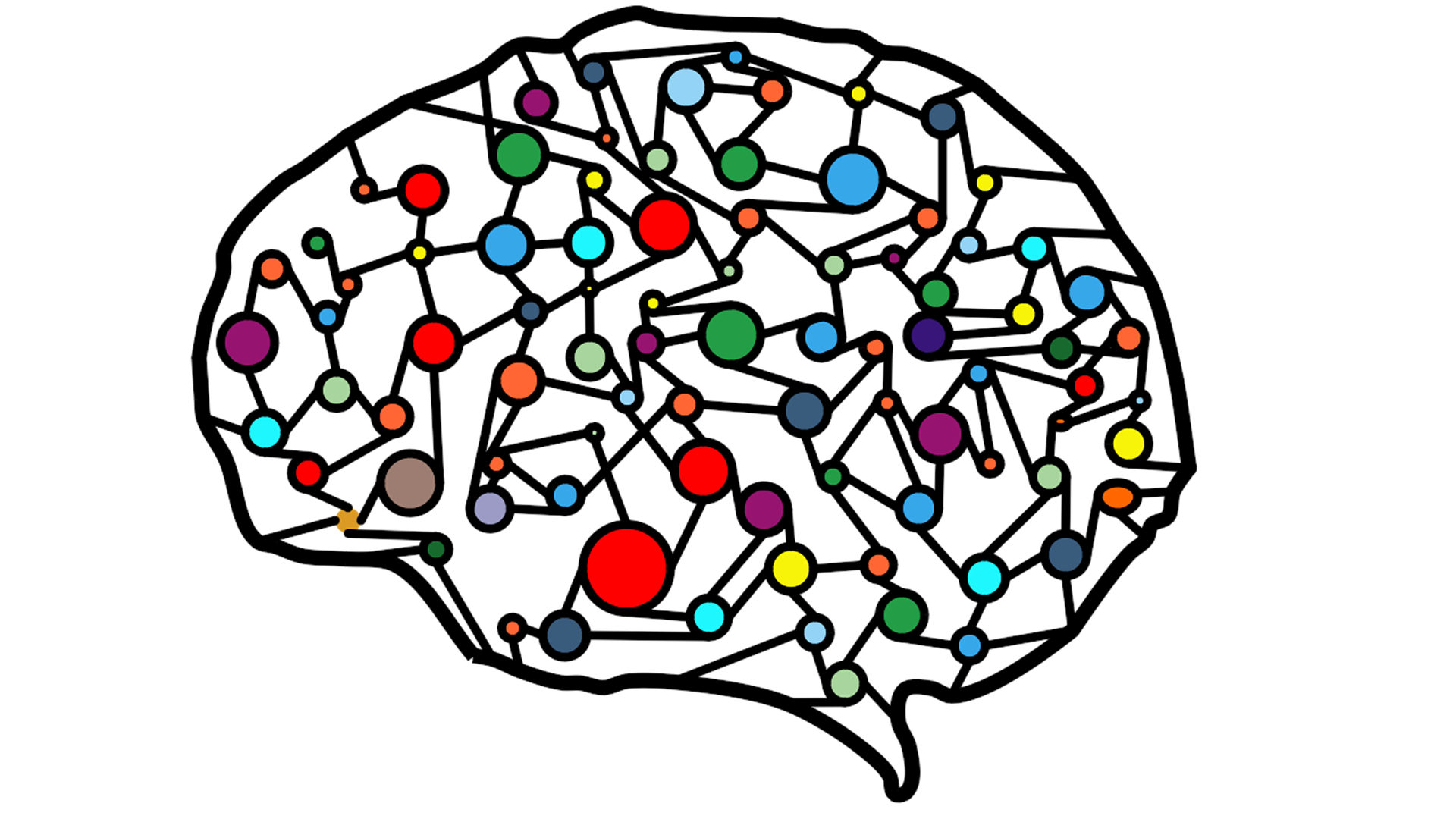US2TS 2019 Break-Out Session onFusion of Semantic Knowledge into Deep Learning Models |
||
Room TBD, at Duke University in Durham, NC, USA |
||

US2TS 2019 Break-Out Session onFusion of Semantic Knowledge into Deep Learning Models |
||
Room TBD, at Duke University in Durham, NC, USA |
||

How can we represent data such that the resulting semantic structures become useful in a deep model? Usefulness, has a twofold connotation: intrinsically, it concerns a quantifiable improvement in the performance of the deep model; extrinsically, it’s related to how semantic representations of data can augment the explainability of the deep model that uses it. The Semantic Technology community, is more and more interested in the problem of integrating ontologies with deep models. In this regard, ontologies can be viewed as a tool or source of insight for overcoming the key challenges of heterogeneous multi-modal representation, fusion, translation, alignment, and co-learning.
This breakout-session aims at exposing existing solutions towards injecting structured knowledge into deep models, their limitations and the potential benefits of semantic technologies to address them. The presenters will introduce the notion of multi-modal learning, focusing on examples from industrial use cases at Bosch. The second part will focus on the most relevant techniques in the state of the art, highlighting best practices and limitations. Finally, we will illustrate how semantic web technologies can be used to complement machine learning systems, opening the discussion to the attendants.
13:00 - 13:05 . Openning Session by Alessandro Oltramari: Agenda
13:05 - 13:25 . Talk 1 by Monireh Ebrahimi: Neural-Symbolic Systems: Representation and Reasoning Approaches Talk 1 PDF
13:25 - 13:50 . Talk 2 by Jonathan Francis: What is Multimodal Machine Learning? Talk 2 PDF
13:50 - 14:10 . Talk 3 by Alessandro Oltramari: Multimodal Sense-making: A Natural Ground for Neuro-Symbolic Systems Talk 3 PDF
14:10 - 14:30 . Discussion will be led by Alessandro Oltramari:
Reasoning over RDF Knowledge Bases using Deep Learning
Deep learning for noise-tolerant RDFS reasoning
Ontology Reasoning with Deep Neural Networks
Workshop series on Neural-Symbolic Learning and Reasoning
Neural-Symbolic Learning and Reasoning: A Survey and Interpretation
Perspectives of Neural-Symbolic Integration
Multimodal machine learning: A survey and taxonomy
Representation learning: A review and new perspectives
Learning to reason: End-to-end module networks for visual question answering
The SSN ontology of the W3C semantic sensor network incubator group
Audio set: An ontology and human-labeled dataset for audio events
Please contact Monireh Ebrahimi if you have question..